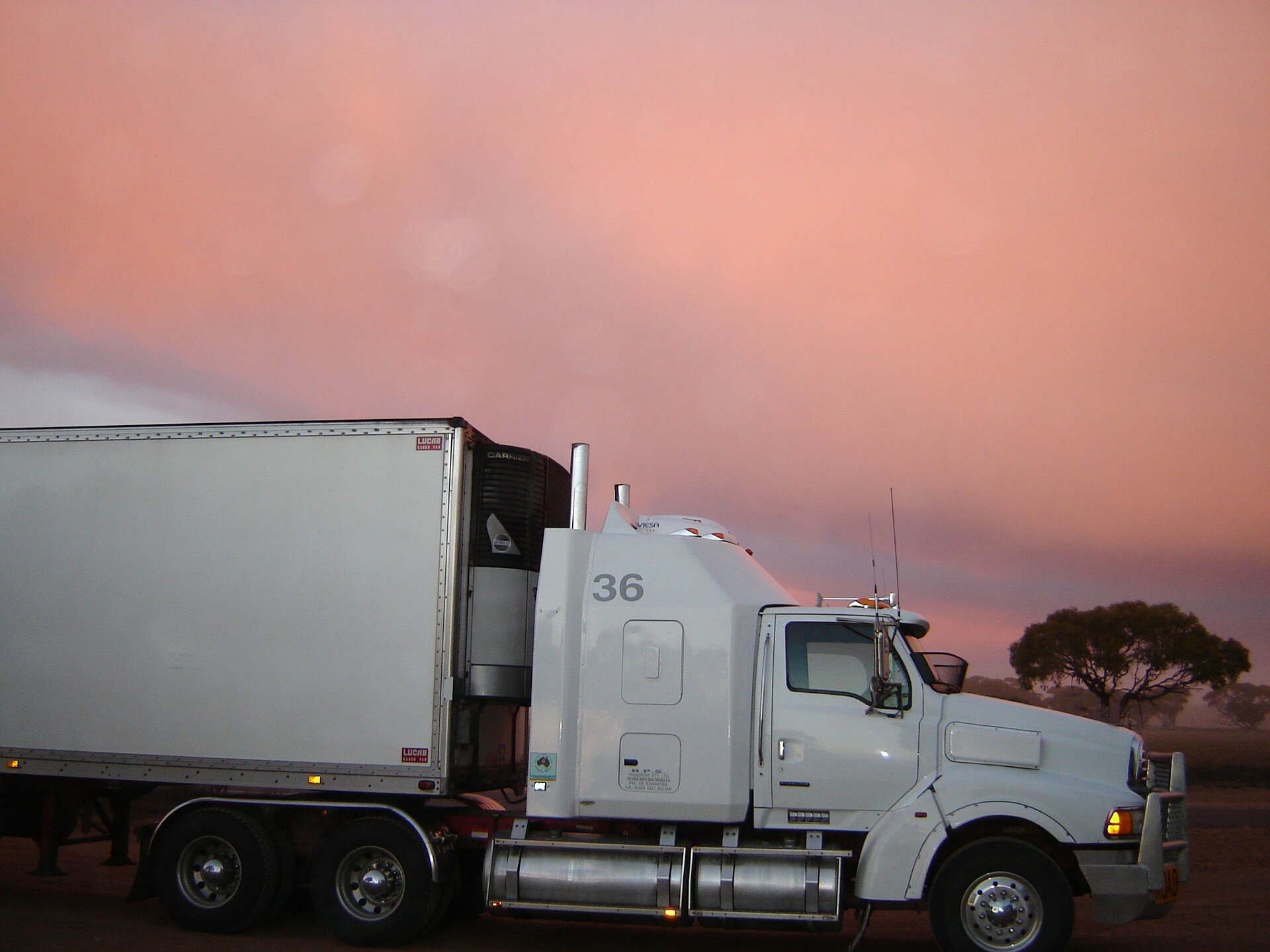Looking Ahead to the Fleet Management Industry's Long-term Outlook

The fleet industry has seen many changes over the years, and the future could present more as new technologies and a changing workforce emerge.
While small changes are rolling out across the industry now, the long-term outlook could include dramatic changes that include autonomous vehicles, an increased focus on Big Data and a new generation of employees.

Photo Courtesy of Ed and Eddie
Autonomous Vehicles
Autonomous vehicles (AVs) are already being tested on the roads. While these are mainly being used in test scenarios and in limited capacities, the long-term forecast could see self-driving vehicles being used by fleets around the world. McKinsey & Company predicts AVs will be used to run routes in North America by 2027. The emergence of AVs will require new regulations, increased safety initiatives, and could also result in infrastructure and roadway changes. It could also alter the makeup of fleet operations as they will need to account for higher prices of AVs, and also adapt to maintaining different types of vehicles.
 Photo Courtesy of Pixabay.com
Photo Courtesy of Pixabay.com
New Generation of Employees
The coming years will see more Baby Boomers retiring across all industries. This will result in a shift in workers at fleet operations, as veteran employees retire and a younger generation enters. Operations will need to appeal to the new generation of employees, which could require changes in recruiting strategies, workplace culture, benefits and compensation packages, and training.
Increased Delivery Demands
As more e-commerce options emerge and consumers are ordering more items for delivery, fleet operations could see a growing demand for delivery vehicles and drivers. With more short-route deliveries, different types of assets could be needed. Quicker turn-around times and more visibility into the shipping process could also require operations to change workflows and add new technology to add more order-tracking capabilities.

Big Data
With more ways to acquire information on vehicles and operations as a whole, Big Data will continue to have an increasingly larger role in operations. As businesses learn to use and integrate the data better, operations can use the information to assist with maintenance, safety, labor, productivity and more. Big Data will help operations make smarter decisions and run more efficiently, using less resources. The information can also help operations make connections between different aspects of their business, including labor and maintenance repairs.
 Photo Courtesy of Pixabay.com
Photo Courtesy of Pixabay.com
Internet of Things (IoT)
Fleet operations might be able to tap into the Internet of Things to improve their operation – and reduce fuel costs. According to Transport Topics, the American Transportation Research Institute’s 2017 Analysis of the Operational Costs of Trucking found nearly 40 percent of operating costs are from fuel. The website says that with the help of IoT, fleet operations can better monitor aspects of their fleet, including fuel costs. By connecting sensors and other devices to key parts and systems, fleet assets can communicate with each other and provide key data to help operations increase efficiencies and save money.
 Photo Courtesy of Pixabay.com
Photo Courtesy of Pixabay.com
Artificial Intelligence (AI) and Machine Learning (ML)
Fleets will begin using more information acquired from artificial intelligence (AI) and machine learning (ML) to improve safety, diagnostics and expenditures. Operations can bring the data into a centralized system and analyze it without human intervention. This information can help fleet operations diagnose more maintenance issues before they lead to costly breakdowns. According to Uptake.com, AI and ML can process information more quickly than humans, allowing the technology to identify problems sooner to help operations increase revenue and productivity, and decrease unplanned maintenance and repair issues and costs for parts and labor.
AI and ML can also increase safety for fleet drivers and others on the road. Partnering AI and ML with fleet management systems can allow dash cams to recognize road signs, lane markers and other vehicles on the road. This can help drivers avoid accidents and can also provide real-time feedback on driver behaviors. According to FleetManagementWeekly.com, ML can create algorithms to record driver behavior and predict the probability that he or she will be involved in an accident.
To learn how RTA Fleet Management Software can help your fleet operation, contact us today to schedule a free demo.
